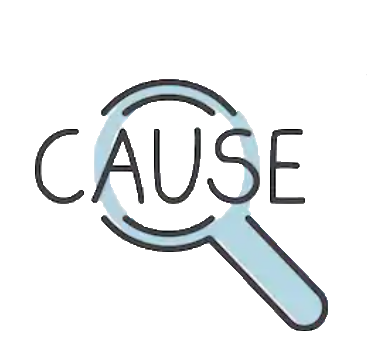1. Muscle strains
. Overuse, such as too many hours hunched over your computer or smartphone, often triggers muscle strains. Even minor things, such as reading in bed or gritting your teeth, can strain neck muscles.
2. Worn joints.
Just like the other joints in your body, your neck joints tend to wear down with age. Osteoarthritis causes the cushions (cartilage) between your bones (vertebrae) to deteriorate. Your body then forms bone spurs that affect joint motion and cause pain.
3. Nerve compression.
Herniated disks or bone spurs in the vertebrae of your neck can press on the nerves branching out from the spinal cord.
4. Injuries.
Rear-end auto collisions often result in whiplash injury, which occurs when the head is jerked backward and then forward, straining the soft tissues of the neck.
5. Diseases.
Certain diseases, such as rheumatoid arthritis, meningitis, or cancer can cause neck pain.
6. Whiplash
is caused by the head and neck suddenly forced backward and immediately forward with considerable force. The soft tissue along and near the cervical spine can be torn or ruptured as a result. This neck injury commonly occurs in a car accident that involves a rear-end collision.
7. Myofascial Pain:
Achy muscles and surrounding connective tissue can cause irritable trigger points in muscle, typically in the upper back or neck. Trigger points can be chronically painful or painful to the touch. The pain may be localized or can spread to/from another area of the body.
8. Headaches:
Neck problems also affect muscles and nerves connected to the head. This can result in a tension headache due to neck muscles tightening, or occipital neuralgia where a pinched occipital nerve in the neck causes pain to radiate up to the head.




